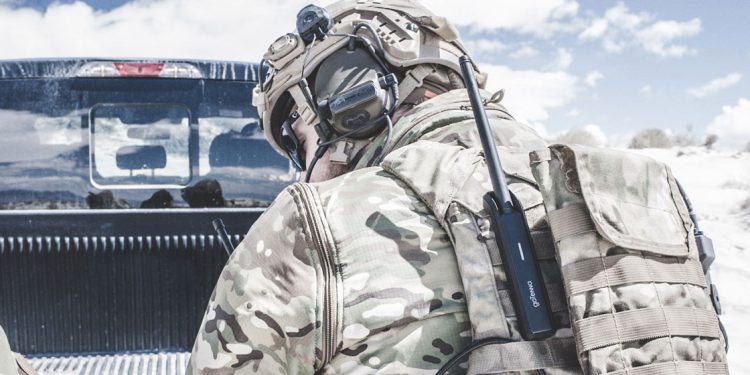
Tech Talk | Remote Situational Awareness for Special Operations Forces
Join Wes Bryant, SOF Business Development Lead at goTenna as he presents a 10-minute Tech Talk on Remote Situational Awareness (RSA) during DSI’s 9th Annual SOF and Worldwide Operations Symposium on December 10th, 2020. Bryant discusses how to integrate low-bandwidth mesh networking technologies into tactical communications, command, and control. He

Panel Recording | Nonprofits on navigating connectivity in the digital divide
Half of the world’s population lacks reliable internet access, with the vast majority concentrated in developing countries. As communities around the globe work to close the digital divide, there are countless nonprofits and nongovernmental organizations that need to fill critical gaps in connectivity now in order to operate safely and
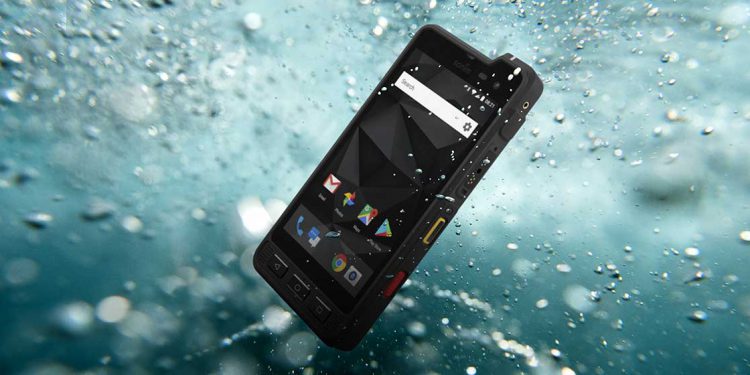
Podcast: Sonim discusses bringing new capabilities to emergency response
When first responders and emergency response personnel respond to natural disasters, we want them to be as prepared as possible. But, historically, disaster and emergency response personnel deployed with just a traditional voice radio. This gave them the ability to communicate and collaborate via voice only. And even that capability
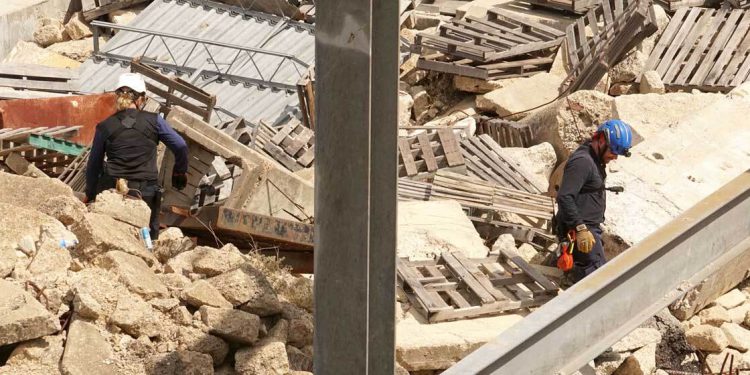
Video | Decentralizing emergency communications networks
When we look back at recent wildfires, earthquakes, and other disasters, we remember the critical loss of cell sites, RF towers, connectivity to 911 dispatch centers, broadcast stations, and public alerting systems. We know that our centralized communications infrastructure is never invincible. So, how do we avoid these communications challenges
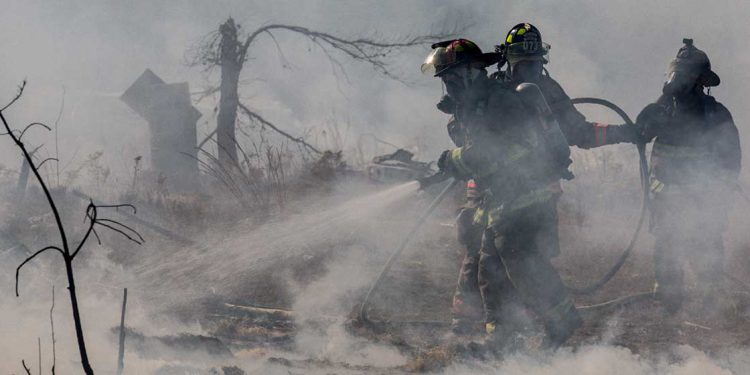
Four considerations for scaling mesh networks on the fireline
This year has been one of the worst on record for wildfire response operations and crews around the globe. It started in Australia at the very beginning of the year, with brushfires that were so devastating and destructive that they were headline news on every continent, burnt approximately 46 million
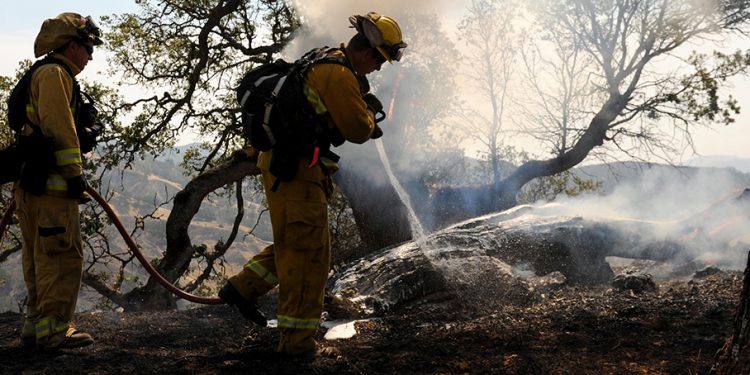
Video | Reimagining the wildland firefighter communications toolkit
As wildfires grow increasingly severe, we need to rethink the technology and equipment our firefighters rely on to stay safe, connected, and aware. This session from the 2020 Colorado Wildland Firefighter Conference will provide an overview of the new and innovative communications technologies that are enhancing resilience and accountability on
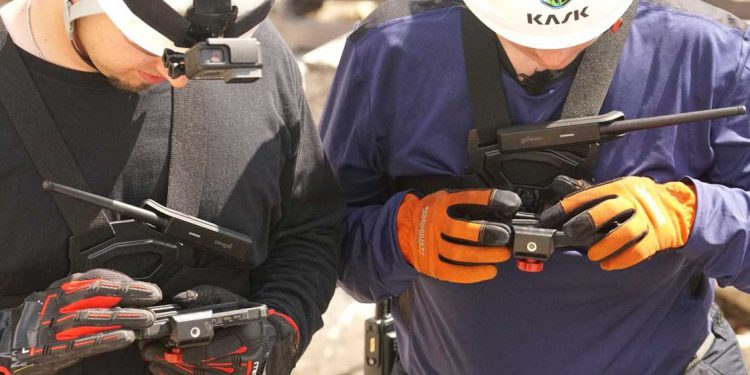
CivTAK brings military-grade situational awareness to any professional team — here’s how to take CivTAK off the grid
The civilian version of the U.S. military’s situational awareness application, ATAK, is officially released so any team around the world can take advantage of its leading tools for teamwide command and control — completely free of charge. The Team Awareness Kit for Android (often referred to as CivTAK or TAK-CIV)
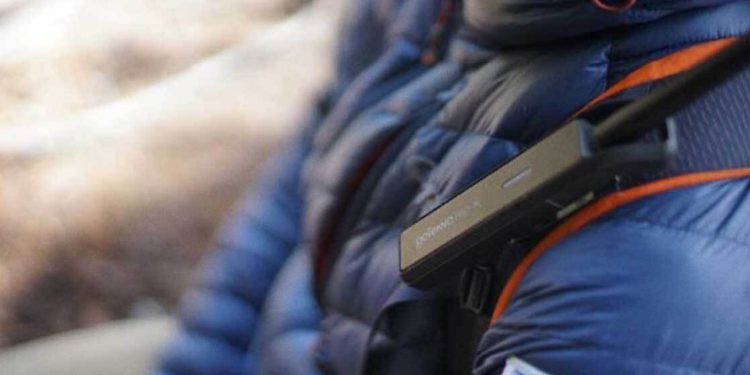
Off-Grid Operator Series: Beyond the Edge Institute prepares for emergency rescues
Going off the grid takes a combination of courage, planning, and training. Even in the best of situations with the most prepared teams, things can often go from adventure to danger. Fortunately, there are organizations that are prepared to respond to crises in the last mile at a moment’s notice.

Tech Spotlight Series: Veterans improve disaster readiness and make a better “bad day” for communities
Fix it in post! That’s often heard in the film industry. But industry professionals know that any work done after the fact is far more expensive than good planning and preparedness. When it comes to disaster readiness, professionals likely know the same is true. Well-informed training, solid planning with local
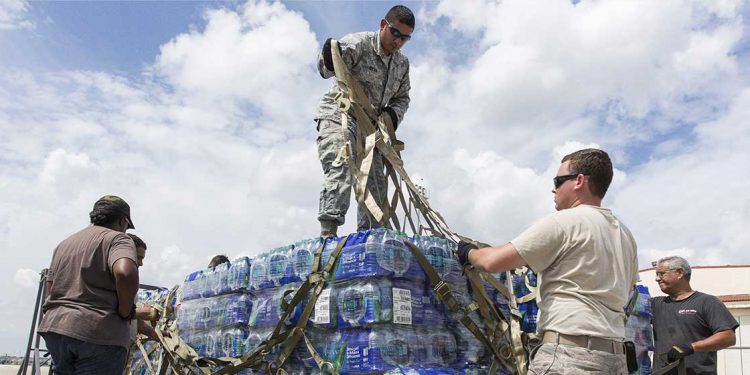
Top 5 takeaways from Craig Fugate’s keynote address at IWCE 2020
Last week’s IWCE 2020 conference featured 48 breakout sessions on everything from broadband to deployable networks, and even featured keynote speakers such as former FEMA Administrator Craig Fugate. In his keynote address, Fugate addressed hundreds of virtual attendees on an often overlooked area of critical communications — interoperability with disaster



